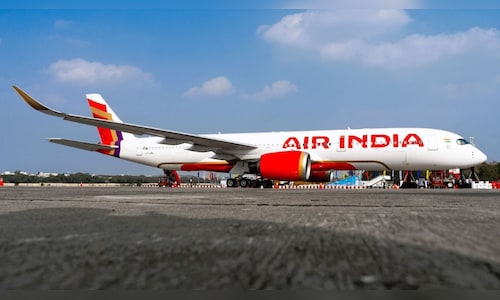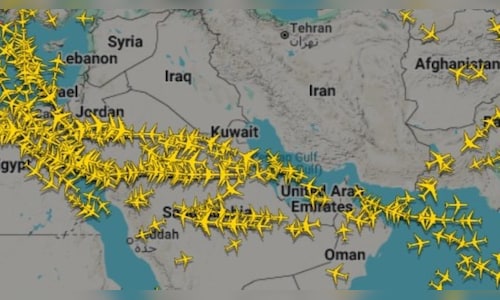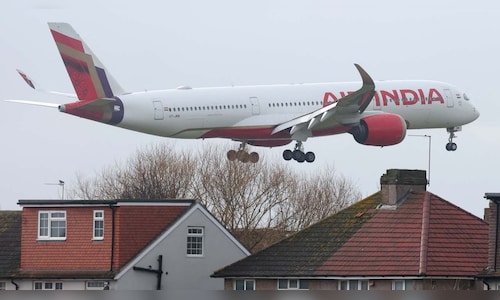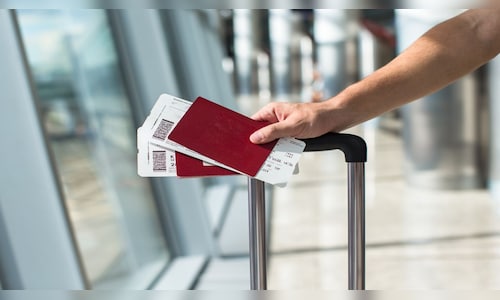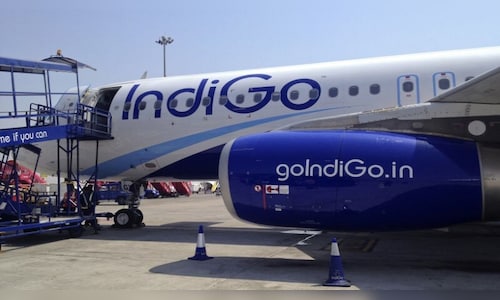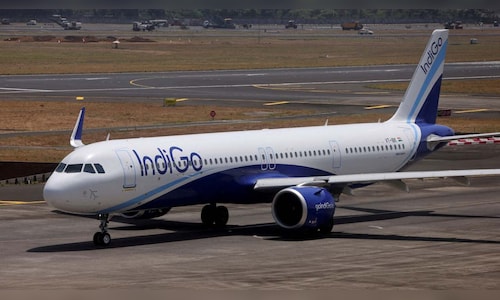An airline spokesperson stated on Saturday, “In light of growing tensions in the Gulf region, Air India Group confirms that our flights currently do not traverse the airspaces of Iran, Iraq, and Israel. As a precautionary step, we will gradually be steering clear of certain airspace over the Persian Gulf in the upcoming days, choosing alternative routes for flights to destinations such as the UAE, Qatar, Oman, and Kuwait.”
The carrier cautioned that this rerouting may lead to extended travel times for flights to and from the Gulf, as well as certain routes connecting Europe and North America.
Also read | Here’s how Iran could retaliate after US strikes on its nuclear programme
Nonetheless, the airline stressed that passenger safety is of the utmost importance. “Air India is in ongoing consultation with our external security advisors and is closely monitoring the situation, prepared to implement further measures if necessary to ensure the safety and integrity of our operations. We will keep our passengers updated with any new information. The safety and security of our passengers, staff, and aircraft remain our highest priority,” the carrier stated.
The decision by the airline comes after a wave of airspace closures in West Asia, as numerous countries have reacted to heightened military activities and security concerns in the region. Iran has officially barring international commercial aviation from parts of its airspace due to security issues. Iraq has also enacted temporary restrictions, mainly within its western and central air corridors. Meanwhile, Israel has limited civilian air traffic in certain areas, particularly those near conflict-sensitive borders.
Previously, airlines like Lufthansa, Emirates, and British Airways have made route adjustments to avoid sensitive airspace.
Aviation authorities are actively tracking the situation, providing real-time advisories to airlines via platforms such as NOTAMs (Notices to Airmen) and bulletins from the International Civil Aviation Organization (ICAO).
Air India has promised passengers timely updates regarding any adjustments to schedules or routes and encouraged travelers to verify their flight status prior to departure.







